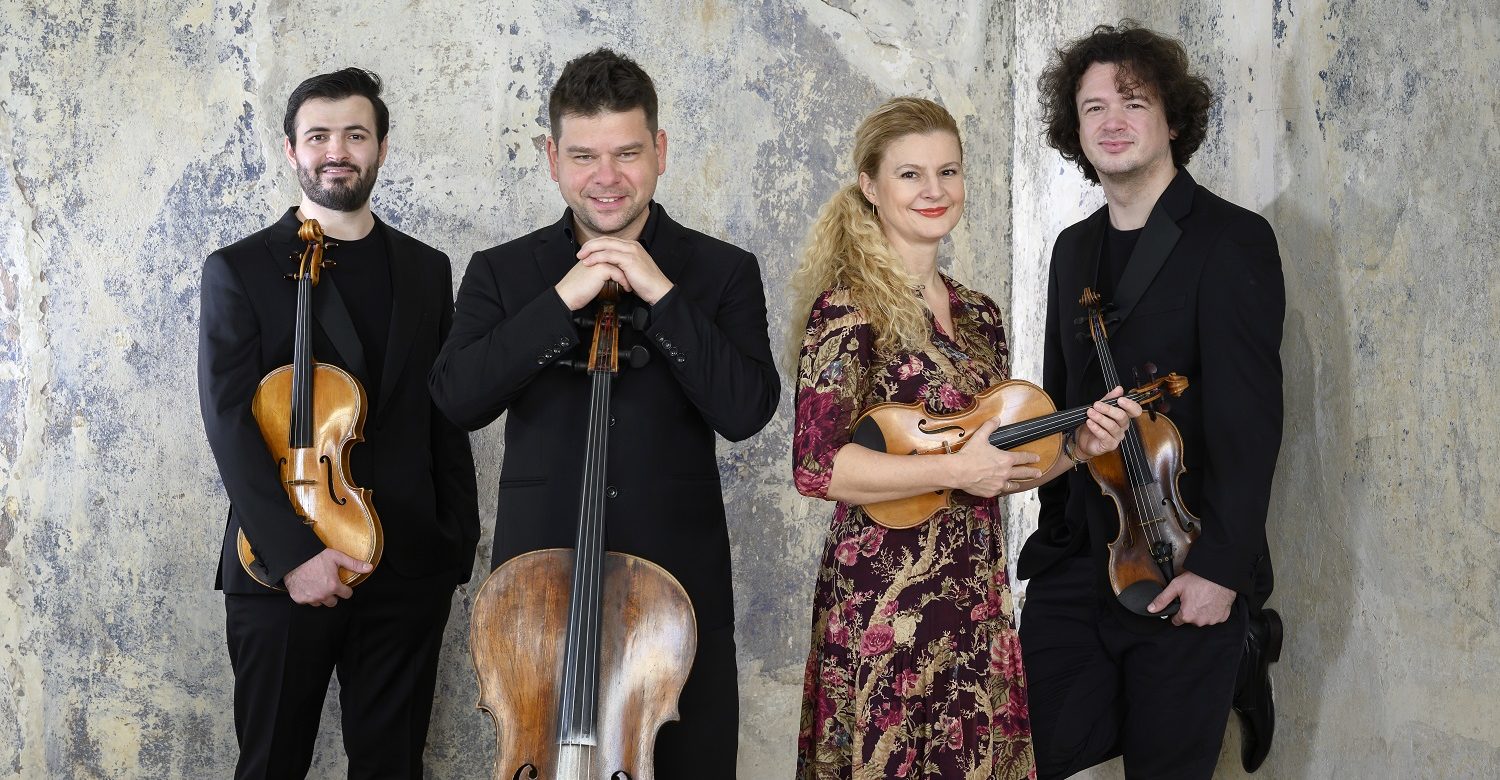
Stephen Hough on Chopin, Liszt & Chaminade
Ahead of his recital on 6 February, Sir Stephen Hough introduces the works he will play: Liszt‘s Piano Sonata for Piano in B minor, Chopin‘s Piano Sonata No. 3 in B minor and selected works by Chaminade.
I have not come across a bar of her music which lacks good taste or honest sentiment
Born only 18 months apart, Chopin and Liszt are totally different musical personalities. Introvert and extrovert is the simplest reduction, but it goes so much deeper than that. We find the perfectionist Pole most comfortable playing for small, select audiences in private salons, his tone rarely reaching forte; whereas the extravagant Hungarian appears in front of a vast, adoring public, breaking strings and hearts in equal measure. Nevertheless they meet at the keyboard where they both, in their own fashion, created the voice and technique of the piano as we’ve known it for the past 200 years.
They meet too in B minor in these, their two greatest large-scale works. Yet even here the differences are striking: Liszt‘s one-movement epic, meticulously crafted as ‘leitmotiv expanded into sonata-form’, seems to encompass the dramatic story of all humanity; whereas Chopin’s more conventional four-movement structure is more inward-looking – a bel canto singer’s exquisitely lyrical outpouring rather than a whole orchestra’s might.
Chaminade has a special place in my heart because her music was on the first LP I owned as a child. She wrote a vast amount of small piano pieces with a unique voice, combining the pianistic elegance of Saint-Saëns with the sweet melodiousness of Massenet – but perhaps without the sang-froid of the former or the tendency to cloy of the latter. I have not come across a bar of her music which lacks good taste or honest sentiment … or which does not fit under the hand like the most sophisticated glove. The pieces on this recital show various sides of her musical personality, from her love of Baroque pastiche to her partiality for an irresistible romantic tune.






